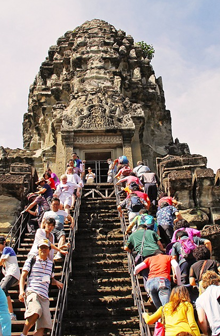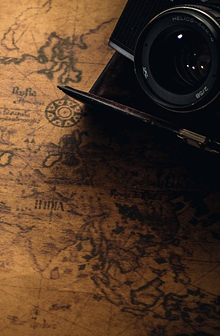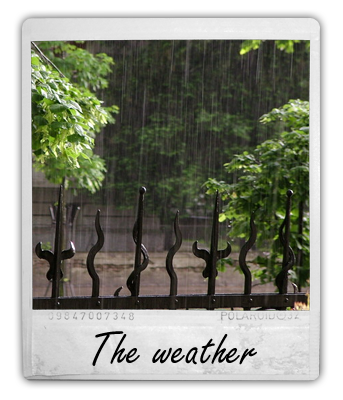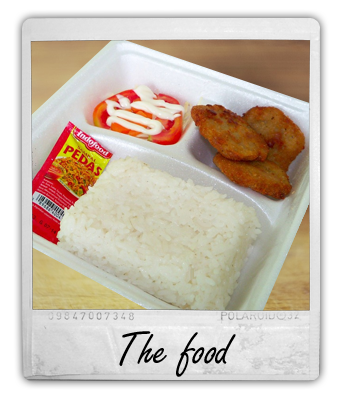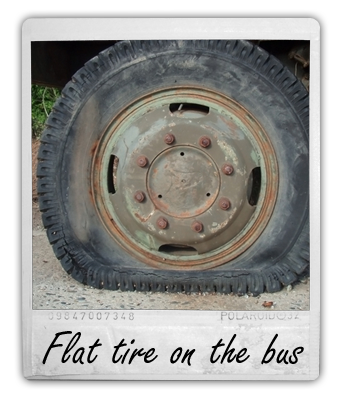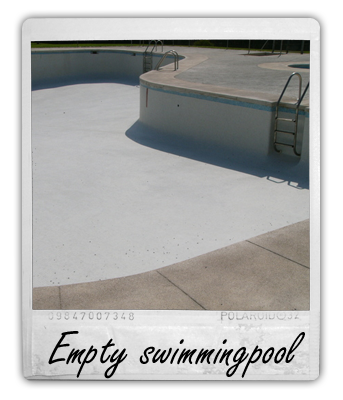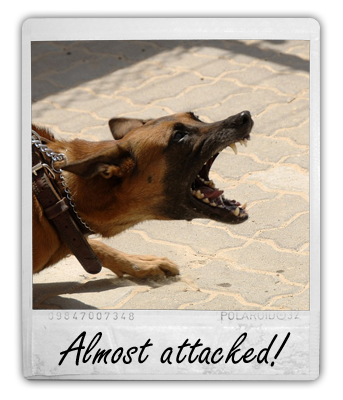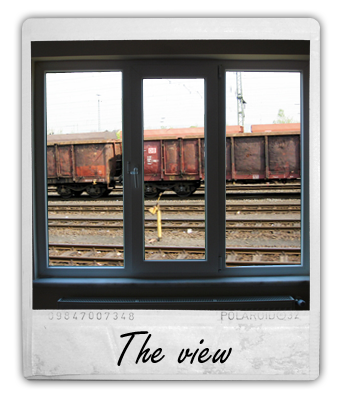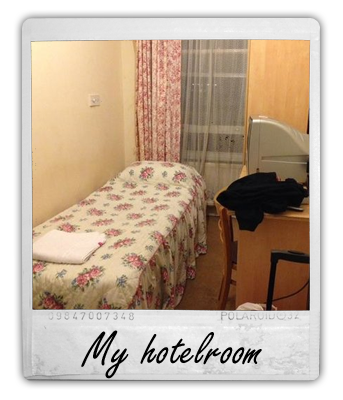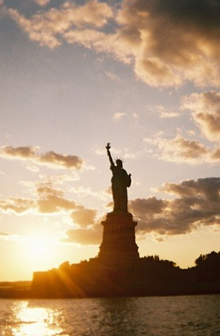Het arrangement Facts and figures v456 is gemaakt met Wikiwijs van Kennisnet. Wikiwijs is hét onderwijsplatform waar je leermiddelen zoekt, maakt en deelt.
- Auteur
- Laatst gewijzigd
- 17-02-2021 13:34:45
- Licentie
-
Dit lesmateriaal is gepubliceerd onder de Creative Commons Naamsvermelding-GelijkDelen 4.0 Internationale licentie. Dit houdt in dat je onder de voorwaarde van naamsvermelding en publicatie onder dezelfde licentie vrij bent om:
- het werk te delen - te kopiëren, te verspreiden en door te geven via elk medium of bestandsformaat
- het werk te bewerken - te remixen, te veranderen en afgeleide werken te maken
- voor alle doeleinden, inclusief commerciële doeleinden.
Meer informatie over de CC Naamsvermelding-GelijkDelen 4.0 Internationale licentie.
Aanvullende informatie over dit lesmateriaal
Van dit lesmateriaal is de volgende aanvullende informatie beschikbaar:
- Leerniveau
- VWO 6; VWO 4; VWO 5;
- Leerinhoud en doelen
- Engelse taal en cultuur; Lezen; Gesprekken voeren; Spreken; Luisteren en kijken; Schrijven;
- Eindgebruiker
- leerling/student
- Moeilijkheidsgraad
- gemiddeld
- Trefwoorden
- arrangeerbaar, leerlijn, rearrangeerbare
Gebruikte Wikiwijs Arrangementen
VO-content Engels. (2020).
Facts and figures h45

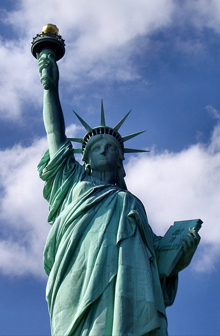

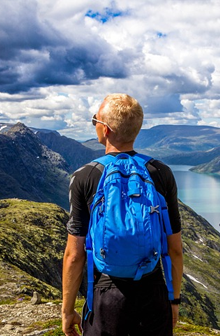

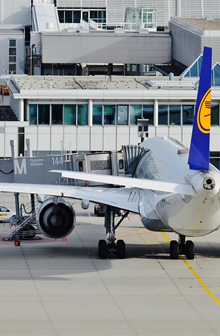 The top headlines of 2014 painted a challenging landscape. From sluggish economic growth and geopolitical conflicts to the Ebola virus outbreak in West Africa – to all appearances, such circumstances were hardly favourable for tourism.
The top headlines of 2014 painted a challenging landscape. From sluggish economic growth and geopolitical conflicts to the Ebola virus outbreak in West Africa – to all appearances, such circumstances were hardly favourable for tourism.

